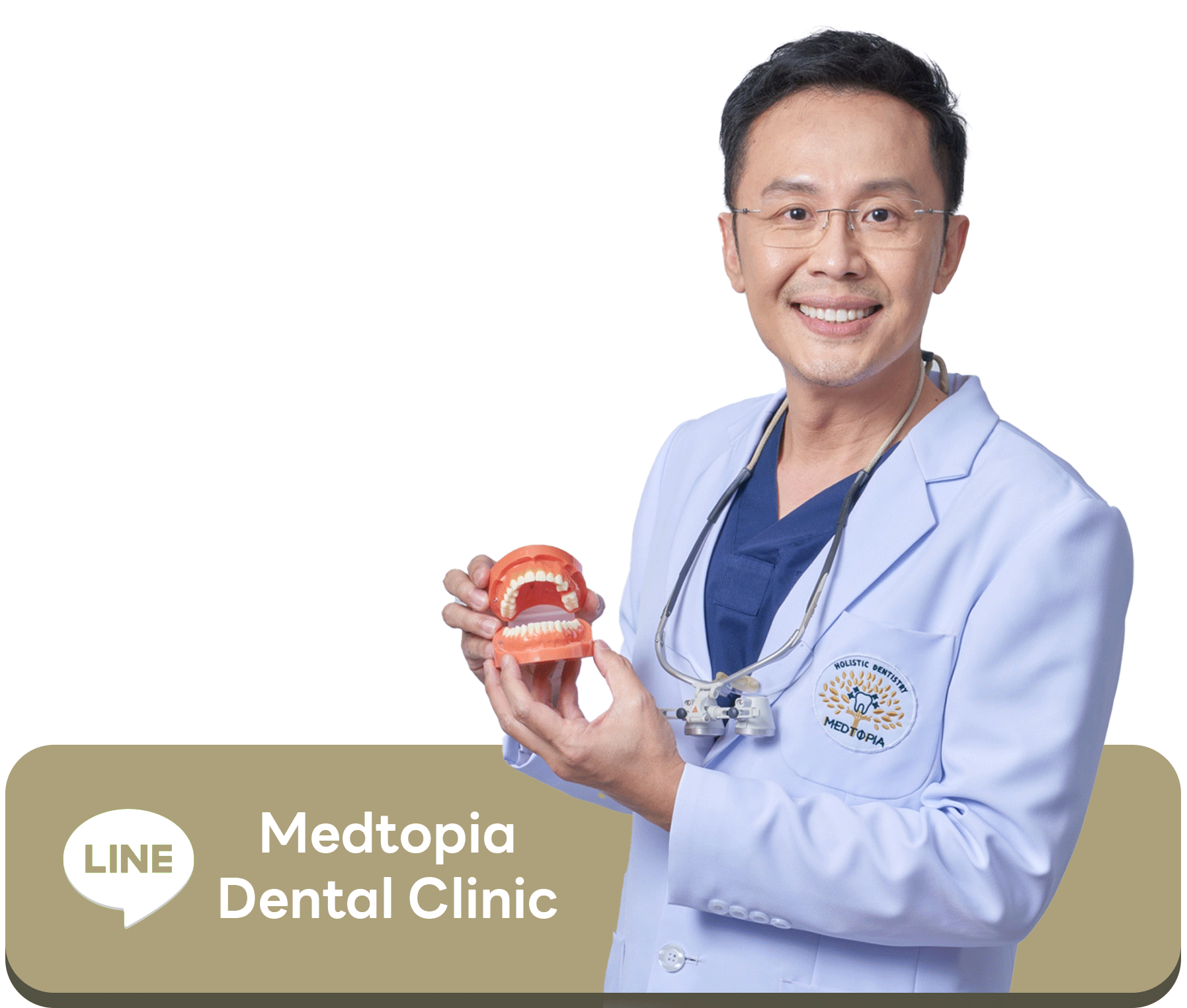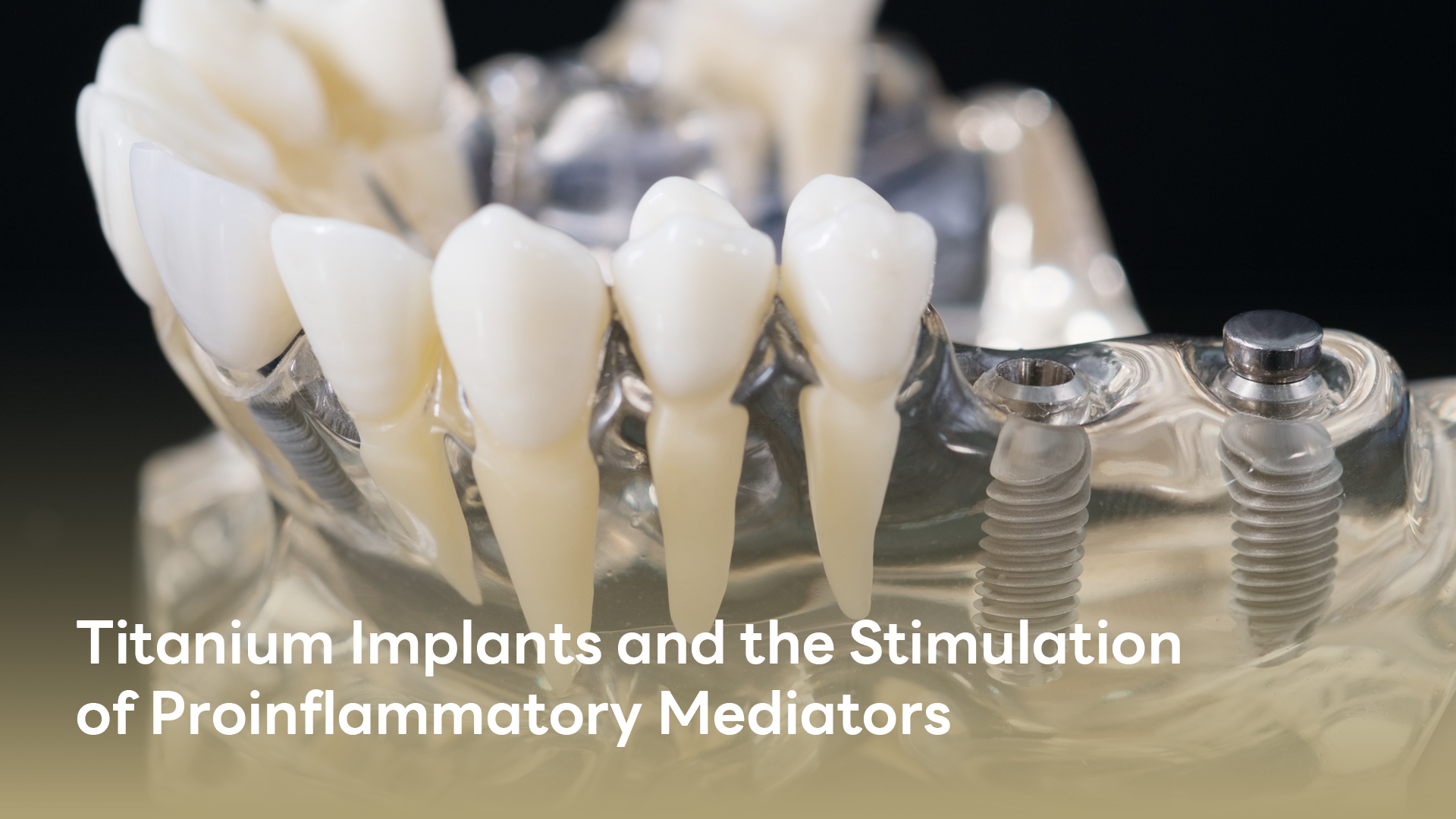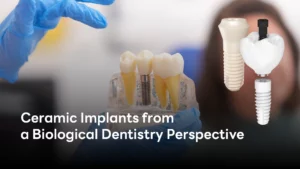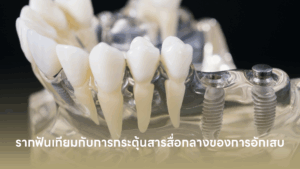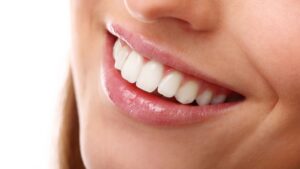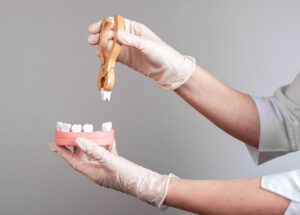From a biological dentist's perspective, in addition to the strength and ability to integrate with bone, what we highly prioritize is the long-term reaction of the material used on the body as a whole.
For titanium dental implants, which are a standard material that has been used for a long time and is successful in many people, however, from a biological perspective, we find there are points to consider regarding their potential to stimulate "Proinflammatory Mediators."
What are Proinflammatory Mediators?
Proinflammatory Mediators are various molecules produced by the body that play a crucial role in the inflammatory process and the immune system's response. Examples include certain cytokines (such as TNF-alpha, IL-1, IL-6), chemokines, and prostaglandins. These substances act as signals for various cells in the immune system to function in response to foreign bodies, injury, or infection. Inflammation is an important mechanism for protecting the body, but chronic low-grade inflammation can have negative effects on health.
Titanium Dental Implants and the Stimulation of Proinflammatory Mediators
Although titanium is considered a relatively biocompatible material for most people, in the context of biological dentistry, we view the permanent presence of metal in the body as having the potential to stimulate the body's response to some degree. Possible mechanisms include:
- Foreign Body Reaction: Although titanium is quite inert, the surface of the dental implant is still a foreign body to the body. Immune system cells, such as macrophages, may respond to the implant surface and release proinflammatory mediators in the area around the implant. This constitutes a low-grade chronic inflammation.
- Release of Titanium Particles: It is possible that the surface of titanium dental implants may undergo wear or that very small titanium particles may be released from the manufacturing process, chewing forces, or other stresses in the mouth. These particles can be engulfed by immune cells and stimulate those cells to release proinflammatory mediators, which may lead to inflammation around the implant and potentially contribute to bone loss in the surrounding area.
- Reactions in Sensitive Individuals: Although not common, some patients may have sensitivity or allergic reactions to titanium or other metals mixed in the grade of titanium used for the implant. This immune response will lead to a clear release of proinflammatory mediators and can be a cause of implant failure.
- Soft Tissue Interaction: The response of the gum tissue to the implant surface is also an important factor. Metal surfaces may have a greater tendency to accumulate plaque than ceramic surfaces. The accumulation of bacteria and plaque is a primary cause of gum inflammation and inflammation of the tissues around the implant (Peri-implant mucositis and Peri-implantitis). This inflammation itself stimulates the release of proinflammatory mediators, and if not managed, can lead to the destruction of bone around the implant and ultimately implant failure.

From a biological dentist's perspective, these concerns about the potential of titanium dental implants to stimulate proinflammatory mediators lead us to consider metal-free alternatives, such as ceramic dental implants, which are generally more chemically inert and have a significantly lower tendency to stimulate the immune system's response and proinflammatory mediators.
This does not mean that titanium dental implants are inherently bad or will cause problems for everyone. However, recognizing the potential to stimulate proinflammatory mediators is important, especially in patients with certain health conditions, metal sensitivities, or those who wish to avoid having metal in their body according to a holistic health approach. The choice of material should therefore be carefully considered based on the suitability for each individual.
Source : www.arokago.com
